Author: Tanya Wallace-Gobern, Executive Director, National Black Worker Center (Southern Workers Opportunity Fund)
Date: 06/19/24
 When thinking of Juneteenth, celebrations of educational events, community festivals, music, and food come to mind. However, we must never forget that this national holiday was only recognized after protests in response to the police killing of George Floyd, the disproportionate toll the Covid-19 pandemic had on Black lives and the countless uprisings against systemic racism which increased pressure to support the holiday.
When thinking of Juneteenth, celebrations of educational events, community festivals, music, and food come to mind. However, we must never forget that this national holiday was only recognized after protests in response to the police killing of George Floyd, the disproportionate toll the Covid-19 pandemic had on Black lives and the countless uprisings against systemic racism which increased pressure to support the holiday.
We are not in a post-racial color-blind world. Race is still a key factor in determining the life outcomes for people of color. Black people in particular face challenges that are unique among people of color. The chief manifestations of the Black job crisis is high unemployment and a proliferation of low-wage work. Too often, current energies singularly focus on the former. The root of the problem is structural not individual; hence, solutions must be crafted that rely on collective action and not just individual achievement. Too often, solutions are put forth that concentrate on individual uplift through education and training or entrepreneurship without changing basic power dynamics in the marketplace.
 The National Black Worker Center (NBWC) is a network of Black Worker Centers that work to end anti-Black racism and discrimination in the workplace. We unite Black workers across employment sectors through organizing, advocacy, and educational programs. We build the power needed to free ourselves from systemic racial and economic oppression in workplaces and throughout society. NBWC creates safe spaces that mobilize and provide the resources workers need to take on systems of oppression, including industries and policies that have benefited from Black exploitation for generations. NBWC is the go-to source for insight into the discrimination that Black workers face and the solutions needed to end anti-Blackness in the workplace.
The National Black Worker Center (NBWC) is a network of Black Worker Centers that work to end anti-Black racism and discrimination in the workplace. We unite Black workers across employment sectors through organizing, advocacy, and educational programs. We build the power needed to free ourselves from systemic racial and economic oppression in workplaces and throughout society. NBWC creates safe spaces that mobilize and provide the resources workers need to take on systems of oppression, including industries and policies that have benefited from Black exploitation for generations. NBWC is the go-to source for insight into the discrimination that Black workers face and the solutions needed to end anti-Blackness in the workplace.
 NBWC has found that when workers experience illegal practices at work they may not know which way to turn for support, might be distrustful of state and federal agencies, are unable to secure legal counsel, and or lack awareness of their workplace rights. In response, NBWC launched the Black Legal Action Community Knowledge program (BLACK). With this program we integrate law and organizing strategies to expose and confront anti-Black workplace policies and conditions, craft federal policy solutions for a more just economy, provide legal resources to Black workers, and increase the population of anti-racist lawyers available and engaged in supporting Black workers. Through BLACK we offer specialized Know Your Rights trainings for temp, formerly incarcerated and meat processing workers. Workers are taught how to navigate state and federal agencies to file complaints and when the situations required workers have the option to engage with legal counsel at no charge.
NBWC has found that when workers experience illegal practices at work they may not know which way to turn for support, might be distrustful of state and federal agencies, are unable to secure legal counsel, and or lack awareness of their workplace rights. In response, NBWC launched the Black Legal Action Community Knowledge program (BLACK). With this program we integrate law and organizing strategies to expose and confront anti-Black workplace policies and conditions, craft federal policy solutions for a more just economy, provide legal resources to Black workers, and increase the population of anti-racist lawyers available and engaged in supporting Black workers. Through BLACK we offer specialized Know Your Rights trainings for temp, formerly incarcerated and meat processing workers. Workers are taught how to navigate state and federal agencies to file complaints and when the situations required workers have the option to engage with legal counsel at no charge.
Workers across every sector of our economy are being pushed to the brink. When we look back through the years, we see a long collective history of workers pushing back, and standing up for workplace voice and power. In 1881, 3000 Black Washerwomen in Atlanta went on strike; In 1970, 200,000 postal workers went on strike; And in 2020 more than 100 cities across the country participated in the Strike for Black Lives. Resistance to oppression is in our DNA! While the false narrative of a post racial society lingers, racial discrimination lawsuits against employers such as Tesla, Walmart and General Mills demonstrate that not only does discrimination in the workplace still exist, it reveals Black workers when informed of their rights will exercise every tool to ensure their rights are not violated.
 Juneteenth and NBWC represent a rejection of white supremacy, and reckoning of the need to close racial divides. Juneteenth started as a result of freedom deferred and in many ways today Black workers are still fighting for certain freedoms. The inequities Blacks still face today equate to freedom denied – the freedom to define the value of their labor, freedom from coordinated efforts to suppress the Black vote, the freedom to receive pay equity. Juneteenth is a rallying cry to celebrate our gains, learn from our history, and fight like hell until all people are free!
Juneteenth and NBWC represent a rejection of white supremacy, and reckoning of the need to close racial divides. Juneteenth started as a result of freedom deferred and in many ways today Black workers are still fighting for certain freedoms. The inequities Blacks still face today equate to freedom denied – the freedom to define the value of their labor, freedom from coordinated efforts to suppress the Black vote, the freedom to receive pay equity. Juneteenth is a rallying cry to celebrate our gains, learn from our history, and fight like hell until all people are free!
